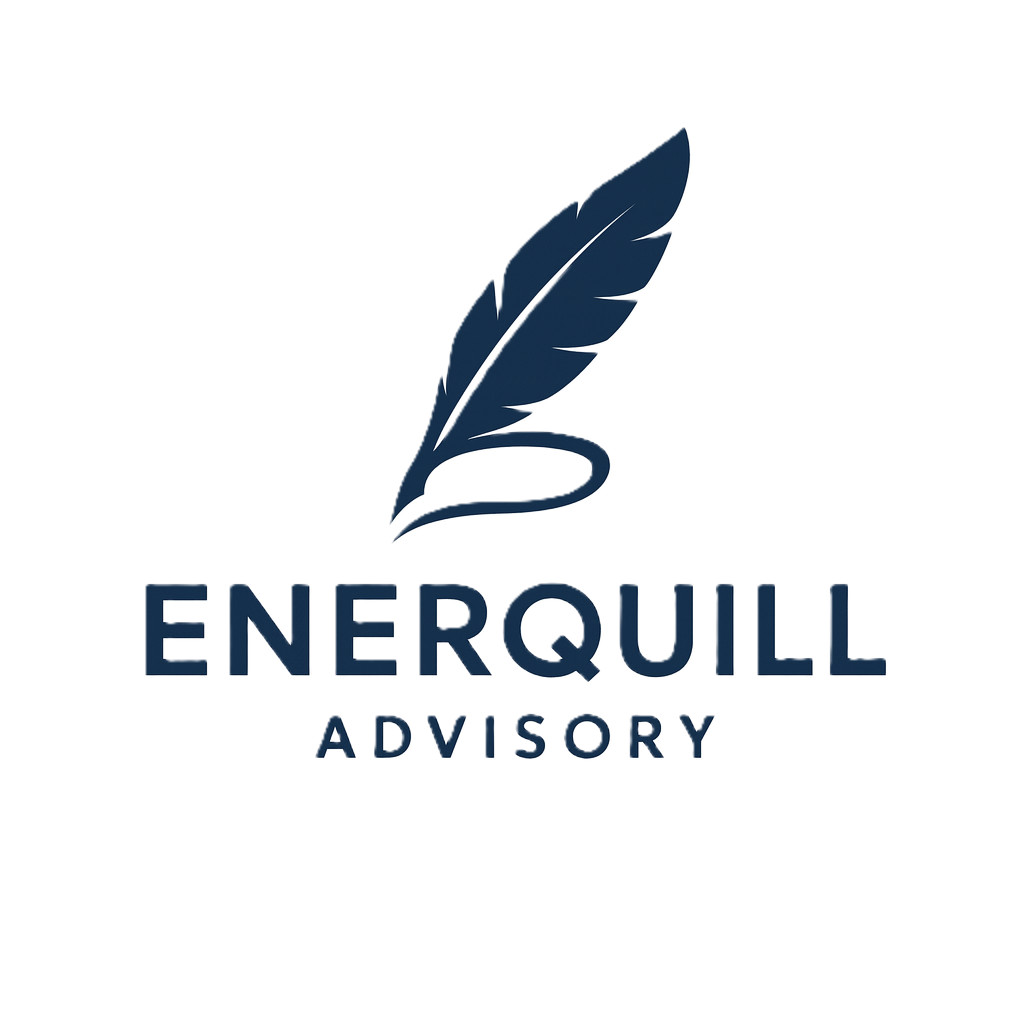Investing in Energy Without Regret
A Question That Changed the Course of History
In 1994, Jeff Bezos left a secure Wall Street job to chase a fragile idea: selling books online. Years later, he explained his reasoning. He asked himself:
“When I’m 80, will I regret not having tried?”
It wasn’t about predicting whether the internet would succeed. It was about avoiding the sting of future regret. That mindset gave him the conviction to leap — and it transformed the world.
Energy investors today face a similar challenge. Their decisions may not create the next Amazon, but they will shape economies, communities, and the climate for decades.
The Logic and Psychology of Minimizing Regret
The principle Bezos used has deep roots in decision science. In the 1950s, Leonard Savage and later Raiffa & Luce formalized it as the “minimax regret criterion.” The idea is simple: instead of asking “What’s the most likely outcome?”, ask “Which decision minimizes the regret I’ll feel if things turn out differently?” In practical words: define options and scenarios, compute each option’s regret per scenario (gap to the best), then choose the option with the smallest maximum regret.
Regret is one of the most powerful human emotions — so powerful that psychologists argue we often fear regret more than loss itself. Research shows that we anticipate regret before it even happens, and this “anticipated regret” quietly shapes our choices.
That’s why the minimax-regret approach resonates: it blends rational analysis with emotional reality. It helps us choose strategies that make sense on paper and protect us from the heavy weight of hindsight.
Minimax Regret vs. Maximizing Value
In finance, the focus has and is still on maximizing value which means allocating capital to the highest risk-adjusted NPV/EMV. But does it ever clash with regret? Yes—chasing peak expected value can create fragile single bets that shine in one future and stumble in others. Can you achieve both? Often—if you design for flexibility. Think of it as moving along a Value–Regret Frontier: push up on expected value while pulling left on minimizing regret through staged decisions, modular assets, and real options.
The High Stakes of Energy Investing
Few sectors face more uncertainty than energy. A solar farm, hydrogen hub, or gas pipeline isn’t just a project — it’s a bet that spans 20 to 30 years, locked into place long before the future is clear.
The risks are significant:
• Policy swings — a sudden carbon tax or subsidy shift can flip economics overnight.
• Technology breakthroughs — cheaper batteries or hydrogen can upend entire markets.
• Price volatility — fossil fuel markets remain unpredictable and cyclical.
The contradictions are striking. The IEA’s World Energy Outlook 2024 warns that policy uncertainty and financing hurdles are slowing clean energy growth in developing regions. Yet, IRENA reports that in 2023, 81% of new utility-scale renewable projects were already cheaper than fossil fuel alternatives.
For investors, the transition is both a headwind and a tailwind — opportunity and risk in the same moment.
The Pain of “If Only”
Regret comes sharply into focus when assets are stranded. Imagine financing a gas pipeline, only to see it underused within a decade as demand collapses and regulations tighten.
This is no hypothetical. The IEA’s Net Zero Transition scenarios highlight significant stranded-capital risk across midstream oil and gas infrastructure. For those caught on the wrong side of the shift, the financial losses are painful — but the real sting is the thought: “If only we had chosen differently.”
Investing With Foresight, Not Fear
Bezos wasn’t chasing certainty—he was avoiding regret. Energy investors can do the same.
In a future shaped by shifting policy, disruptive technology, and volatile markets, the minimax-regret mindset blends logic with pragmatism to build portfolios that are robust across a wide range of outcomes.
It’s not about perfect forecasts; it’s about making choices you can stand behind tomorrow—and decades from now.
